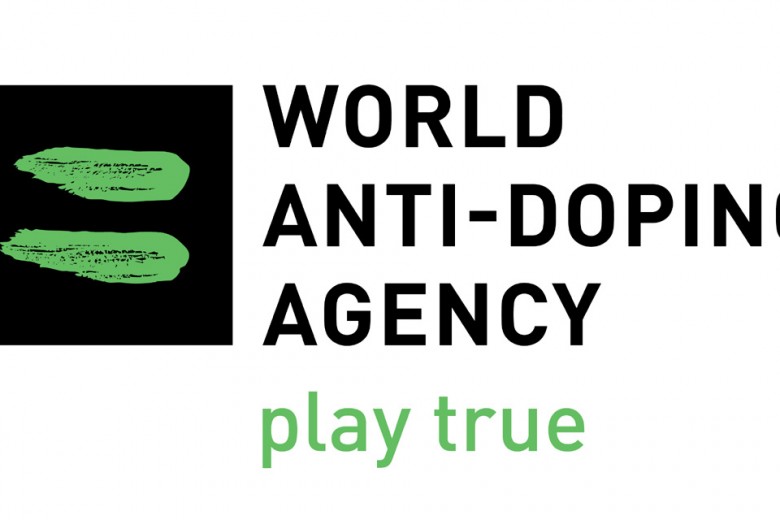Last weekend, before the the start of the 2014 World Short Course Championships, FINA voted to officially adapt the World Anti-Doping Code’s changes for 2015. While this was more of a formality than earth-shattering news, as of January 1, 2015, the new World Anti-Doping Code goes into effect.
To front-facing users of the code, there will be a few key changes, among the most significant of which is that athletes must now only give 6 months notice of their intent to return to competition after retirement, during which time they are subjected to random drug tests, as compared to the previous 9 months. This will significantly shorten the time period for which athletes have to wait before returning to competition – and the rest why Grant Hackett will be eligible to compete at the 2015 Australian National Championships in April, despite only filing his paperwork to return with ASADA in September.
The new code also significantly increases suspensions to four years in cases of a Prohibited Substance where an athlete cannot prove that the violation was not intentional; or in the case of a Specified Substances where an Anti-Doping Organization can prove that ingestion was intentional. Previously, that maximum was just two years.
A third major change involves suspended “Athlete Support Personnel” (ASP). Athletes caught associating with an ASP who is serving a doping suspension, in short, can result in a sanction for an athlete.
The WADA code has also increased the incentives for athletes serving doping suspensions to assist in the finding of other doping violations.
To read the full 2015 WADA Code, that takes effect on January 1, 2015, click here.
